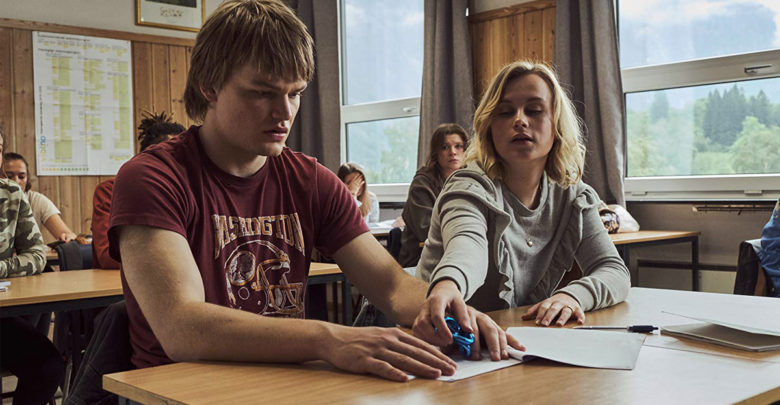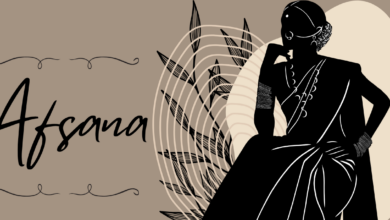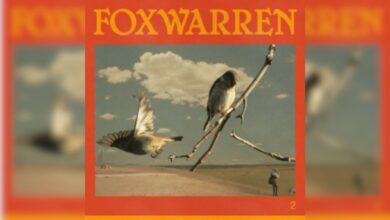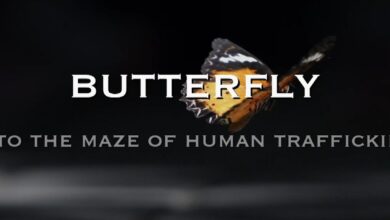Netflix Review: Ragnarok
Ragnarok is an intriguing new show tacking climate change and high school
 Netflix
NetflixWith climate change rapidly melting the ice caps, and weather patterns becoming unpredictable, some might argue we are headed into Ragnarok. Ragnarok is a series of events leading to the end of the world which culminates as a great battle between the giants and the Norse gods.
Netflix’s Norwegian TV show of the same name follows Magne (David Stakston), the new kid in Edda, as he navigates high school and his own gifted abilities. Upon returning to the town, Magne starts to change — his eyesight improves and he becomes stronger than before. However, that does not make being new any easier. Magne is ostracized and makes only one friend: Isolde (Ylva Bjørkaas Thedin). She opens his eyes to the ecological problems within their town that are being caused by the giant factory, which is owned by Norway’s fifth-richest family: the Jutuls.
21-year old Stakston portrays the awkward teenager in a genuine fashion through body language and eye contact. Gísli Örn Garðarsson plays the patriarch of the Jutuls: Vidar, a perfectly suave businessman until his world starts to crack with Magne’s questions. Vidar must hide his anger and only show his good nature to the world.
The entire show also works as a travel ad to visit Norway, by repeatedly showing off the beautiful nature in picturesque shots. Each episode starts with a textbook definition of something from Norse mythology like Tor (or in English, Thor), who is “one of the mightiest gods in Norse mythology, Thor commanded the weather and the forces of nature fought the enemies of civilization and represented law and order.” These definitions introduce the thematic motif for the episode. People are revealed to be more than they appear, and danger lurks around the fjord for anyone poking their nose where it does not belong.
The show has the feeling of a typical high school drama, with its use of cliques and mean popular kids. What makes it stand apart from the everyday teen drama like Riverdale or The Chilling Tales of Sabrina is the attention to an overarching problem — climate change — throughout the season instead of for a few episodes. It does this by describing how the towns large factory is poisoning their water and any animal life near the melting ice caps. In spite of this, the factory wins awards for being eco-conscious and is somehow passing necessary water testing. On the other hand, it can feel like a Rick Riordan novel at times, because it has an obvious plot with clear heroes and villains.
The intrigue of the show is only good when there are unanswered questions — but as the audience figures out the rules of the world, the shows “re-watchability” drops significantly as the mysteries are easily solved. Overall, the show is a basic introduction to Norse mythology. In the end, it successfully blends the high school and mythology genres for an entertaining six-episode watch.




